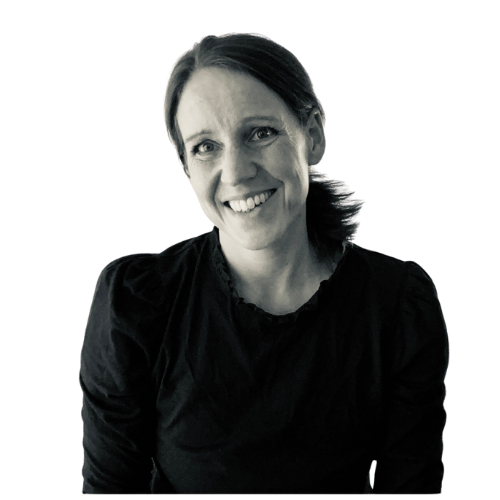The single agile technique you can use to improve any meeting, session or collaboration
How setting a simple 'intentional rule' at the start of a meeting explodes performance (in a good way) - and 10 'rules' to get you started
Quiz time...
❓ Have you heard of The Prime Directive by Norm Kerth?
❓ But have you heard of Retrospective meetings?
❓ By any chance, did you ever watch Star Trek..?
Three yeses? Head straight for my rule list!
One or more nos? Here's exactly what this is and why it will help you.
The Prime Directive is a guiding principle used in "retrospectives", a core practice in Agile methodologies where teams reflect on their work to improve collaboration and outcomes.
First introduced by Norman Kerth in Project Retrospectives: A Handbook for Team Reviews (2001), The Prime Directive takes inspiration from Star Trek, where the Prime Directive is a rule prohibiting interference in the development of alien civilisations.
In Agile retrospectives, the Prime Directive serves a similar purpose: to prevent judgment or blame, fostering a safe environment for teams to reflect and improve. It states: "Regardless of what we discover, we understand and truly believe that everyone did the best job they could, given what they knew at the time, their skills, and the resources available."
It's up on screen or said out loud, and if you go to that type of session, you know this rule.
Eight years ago when FewerFasterBolder was LoMo Meetings, I created ten meeting canvases to guide the most common meeting types in 'regular' organisations i.e. where Agile was not in active use. (I'll share these in another newsletter)
For each, I developed my version of a Prime Directive - a rule that guided behaviour and freed people to make the fullest, most helpful contribution.
I called them 'come what may' statements. Whatever happens, even if things get tricky, this is what this session is about and this is how we will try to behave and treat each other.
Come What May statements develop the psychological safety to 'go there'.
I'm sharing them today, so you can play around with them in your own meetings. Each Come What May statement might speak to all of the meeting - or just part of it.
Have a tinker and let me know how you get on.
Grab and personalise my Come What May statements for meetings about:
> kicking off a project
"Come what may... We're here to create a shared mental model for the work to be done. We will each question all assumptions until we are completely clear and ready to start and self-organise."
> generating ideas
"Come what may... we are trying to solve a problem by opening up ideas – far more than we need – with no expectation about quality at this stage. Each is valued for offering a fresh perspective. We are personally responsible for managing our energy and not judging any idea."
> making a decision
"Come what may... We are assuming all options were created with a positive intent and are inherently valuable in helping creating new perspectives. We are now neutrally sifting for most valuable idea based on the context we've agreed."
> running a status update project
"Come what may... We are here to share individual progress (or lack of) with our colleagues with total transparency and without judgment, during or after the session, and to share openly where we are blocked - and the gaps we are each uniquely able to see."
> trying to unblock a project that's stuck
"Come what may... We trust each other to each bring the problems or updates most valuably shared as a group and to be crystal clear about the outcome we want and the type of help we need. We are listening to our colleagues, doing what they are asking of us and signposting further, if relevant."
> exposing work for feedback
"Come what may... as Show-ers, we are here to share progress (or lack of), make blockers visible and ask for the help we need. As Show-ees, we are here to learn, support by responding with data, ideas and offers of help, trusting the Show-ers to use as they think best."
> reflecting on and improving how we work
"Come what may... we believe that everyone made the best decisions based on the knowledge and resources they had at the time and that this session is to decide how to improve our work."
> course correcting
"Come what may... we will use all new data to correct our course and prioritise the most valuable next actions with fresh eyes. We’re all responsible for letting go of what was and seeing what is."
> exploring a partnership
"Come what may... we will commit to understanding your map of the world, getting permission to share ours. We are all neutrally exploring whether we can create value together in the future."
> helping someone 1:1
"Come what may... I’m responsible for asking for help when I need it, clearly sharing the problem and co-creating the solution. As the person helping, I’m committed to truly understanding the problem, and not pre-judging but co-creating the solution."
Transform how you meet and collaborate with Dr Carrie Goucher

Hi, I'm Carrie! I have a PhD in meeting culture from Cambridge University and I help with big brands, scale ups and government develop fast, agile ways of working.
Get an idea like this each Thursday in my FrictionFree email.
Send me ideas each week!

